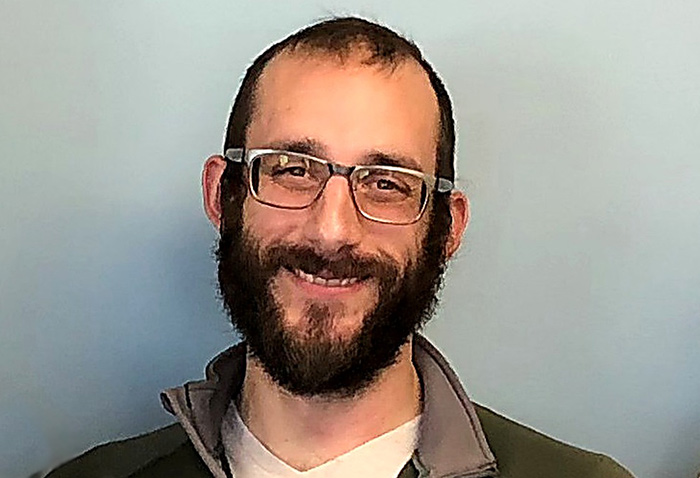Gratitude builds community
“Thank you for making dinner, Mommy,” my toddler says frequently as we sit down for our evening meal. The meal is usually nothing fancy, and my picky-eating toddler usually only eats a few bites before asking for a peanut butter sandwich. Still, his expression of appreciation, a practice he learned from my husband, always warms my heart.
Saying thank you has that effect on people. It communicates that you value the other person and appreciate the gifts they share. As Thanksgiving approaches this year, we are once again reminded of the importance of giving thanks. This year, I’m feeling particularly called to give thanks for my neighbors, especially those who are different from me, whom I do not know well or whom I struggle to get along with. I am mindful how speaking words of appreciation to another helps to build a relationship of trust and value within my family and within our community.
Whether it is a prayer of thanksgiving to God at meal times or an expression of appreciation to another for sharing of their gifts, regularly giving thanks for joys and blessings we experience can influence our whole outlook on life. Studies show that regularly offering thanks alters negative thoughts, helps relieve anxiety and lessens stress in our daily lives. It also helps to build relationships with our neighbors.
Yet, gratitude and appreciation for others does not always come naturally, especially when the other person differs from us in significant ways such as race, class, religion, sexual orientation, political belief, etc.
When differences arise, we have a tendency to focus on what is different rather than acknowledging the good and value of the other person. Focusing on differences leads to prejudice and judgment of the other.
We then seek to isolate ourselves from others, associating only with those who are like us. This creates great barriers of relationships within our communities. Focusing on differences causes us to lose sight of our interconnectedness as a common humanity.
Living in gratitude can shift our perspective from narrow-minded, self focus on fault and scarcity to a more positive perspective of blessings and abundance. Gratitude helps us to acknowledge the goodness of our creator in our natural world and in our neighbor, even the neighbor who is different from us.
Intentionally seeing the good in our neighbor, and expressing appreciation for their gifts, helps to refocus our minds on our shared bond as common humanity. French author Voltaire says it this way: “Appreciation is a wonderful thing; it makes what is excellent in others, belong to us as well.” Thanksgiving reminds us that we are in this together; that our personal well-being is connected with the well-being of others, including people who are different from us or whom we may never meet.
As a Christian, my appreciation for others stems from my belief that all people are created in the image of God, and therefore, beloved in God’s eyes. When I intentionally focus on the goodness and positive attributes of my neighbor, I am more able to have compassion and empathy for them, even when differences arise between us. Gratitude helps me to see the other as a beloved child of God, who is really not that different than me.
November is a time for giving thanks; It is a time for us to be reminded of our common humanity and the value that each of us brings to our community.








0 Comments